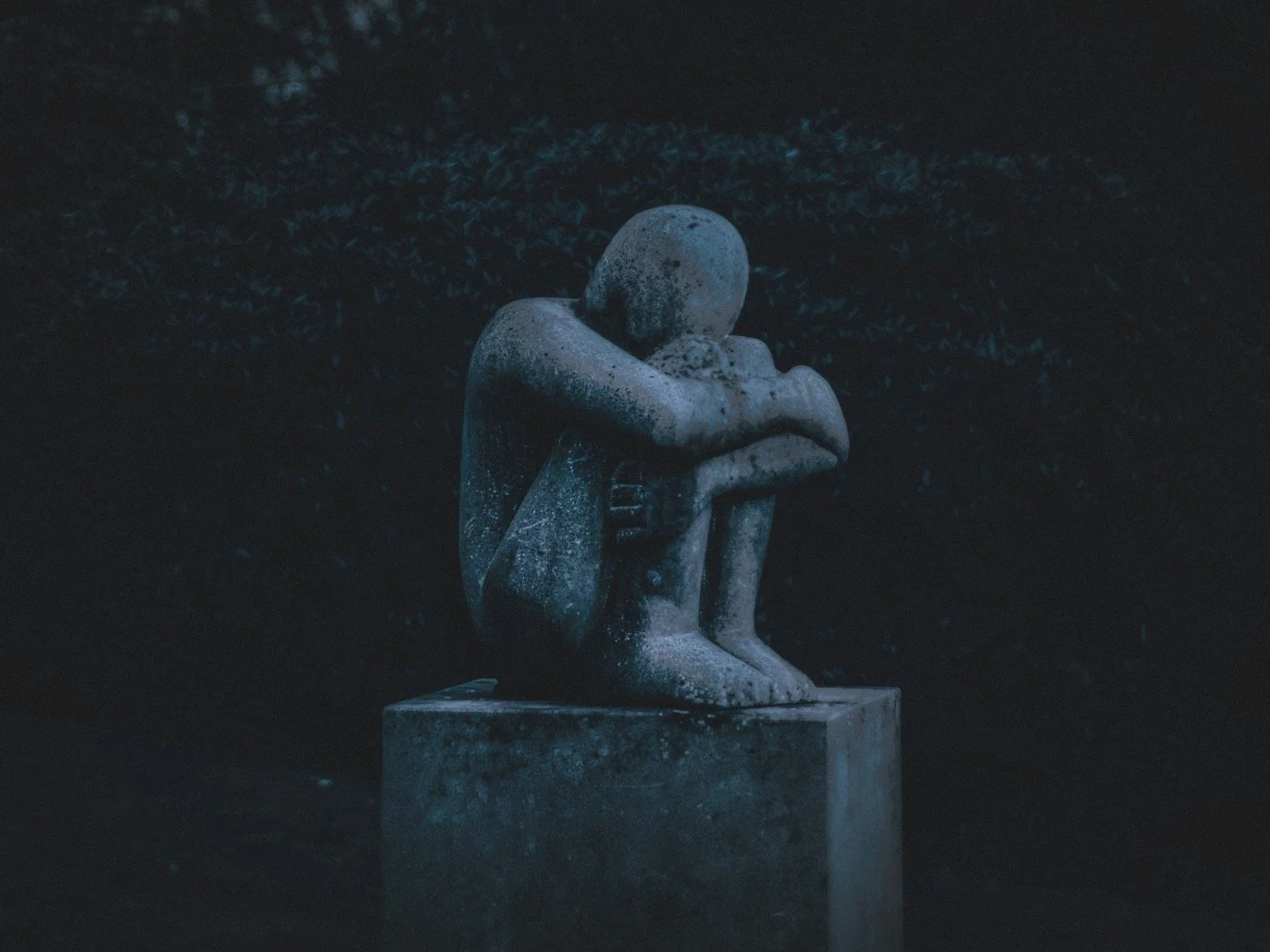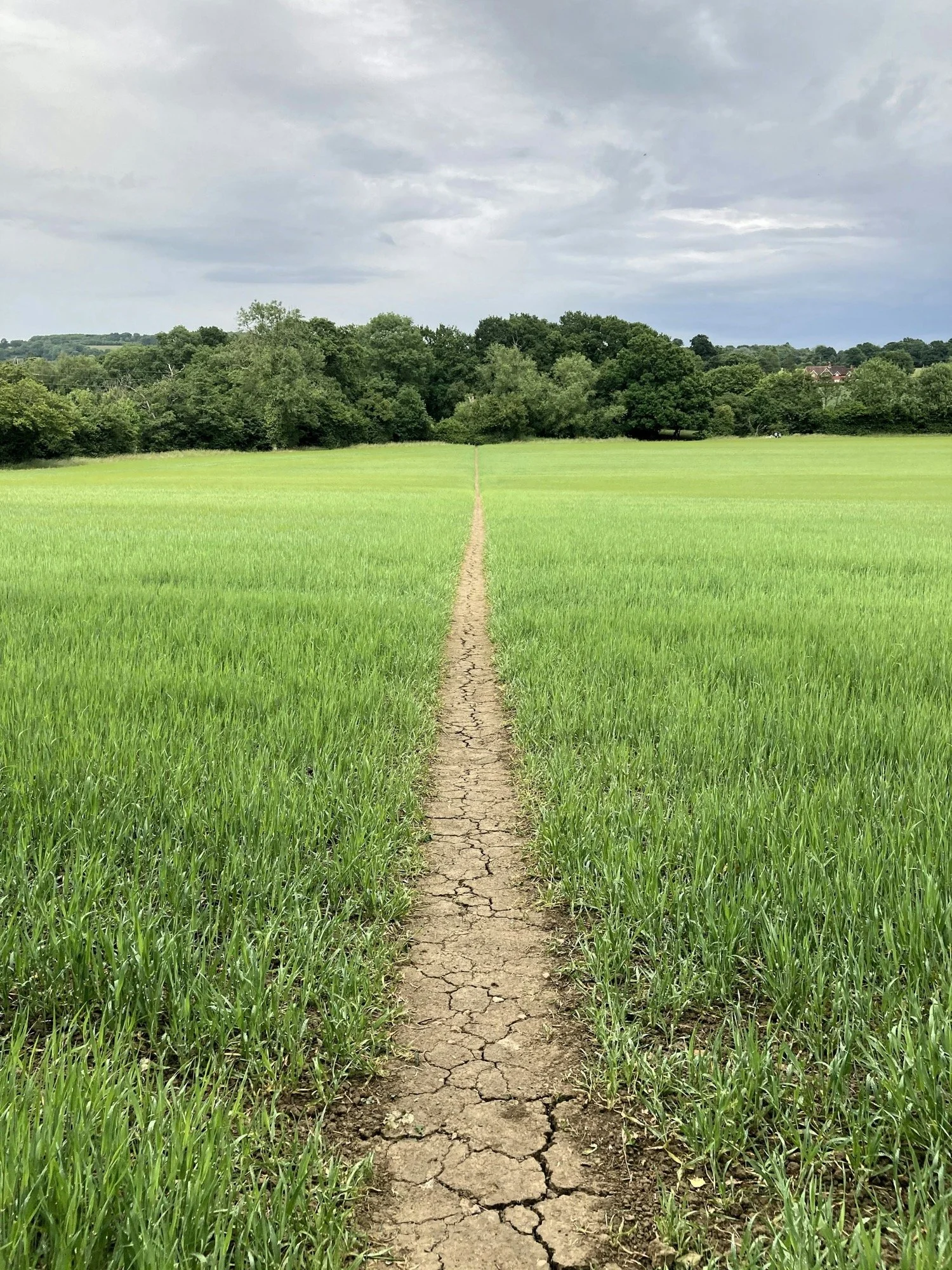Readings for today: Ezekiel 41-44
Imagine you are God for a moment. Your people are living in exile. They are defeated. Discouraged. Depressed. They desperately need their hope restored. Because you love them with an everlasting love, you have a plan to restore them to the Promised Land and return them to Jerusalem. How would you best communicate your intentions to your people? You would show them a rebuilt Temple where your glory would once again reside. You would give them a vision of renewed worship with people, priests, and princes all playing their respective roles. You would let them know your plan to dwell with them forever.
This is exactly what Ezekiel sees. He sees a vision of a new Temple restored in Jerusalem. He sees his people and their priests and their prince all serving faithfully in their respective, God-ordained roles. He is given the exact measurements of this Temple and each of it’s sacred spaces. He sees the glory of God as it fills the Temple once again and he falls to the ground in worship.
Historically, this passage has been notoriously difficult to interpret. Some believe Ezekiel was given a vision of a 3rd Temple that will be rebuilt on the Temple Mount in Jerusalem. Some take the opposite position and believe Ezekiel’s vision is purely symbolic, depicting an “ideal” Temple that will never be built. Some take the position - as I do - that Ezekiel sees a vision of a heavenly Temple that will one day descend to earth and actually finds it’s fulfillment in John’s vision of the heavenly city in the Book of Revelation. In fact, if one compares what Ezekiel sees with what John sees, there are a great number of similarities. The allusions to Eden. The river of God. The dimensions of the heavenly Temple and the heavenly city (both are perfectly square).
Of course, if one takes the eschatological view (whether you believe in a 3rd Temple being built on the Temple Mount or you believe in a heavenly Temple one day descending to earth in the New Jerusalem), you still are left to puzzle over why there would be an altar and sacrifices. After all, in John’s vision there are no such things because Christ Himself has become the perfect sacrifice. Surely, there will be no more need for a sacrificial system in heaven so why would God include these in the vision He gives to His prophet?
Here one has to remember that God’s revelation is progressive. He speaks to us in language and in terms we can understand. The people of Israel in Ezekiel’s day had no frame of reference that would include a crucified and resurrected Messiah. Their knowledge of the worship of the Living God was limited by what they knew of the Law and what they had experienced throughout their history. God therefore gave them a vision of worship that they could understand. However, after the resurrection of Jesus Christ, the people of God were ready for a new vision. A fresh vision. A fuller picture of what is to come and so John receives his revelation which acts as the fulfillment of the vision God first gave to Ezekiel. You and I are post-resurrection people. As such, we look forward to the day when our Messiah will return and commence His reign from His throne in the New Jerusalem. There will not be any need for a Temple or a sun or a moon for that matter for the Lord God will be our Temple and our Light. We will see Him face to face and walk with Him again in perfect relationship for all eternity.
Readings for tomorrow: Ezekiel 45-48




